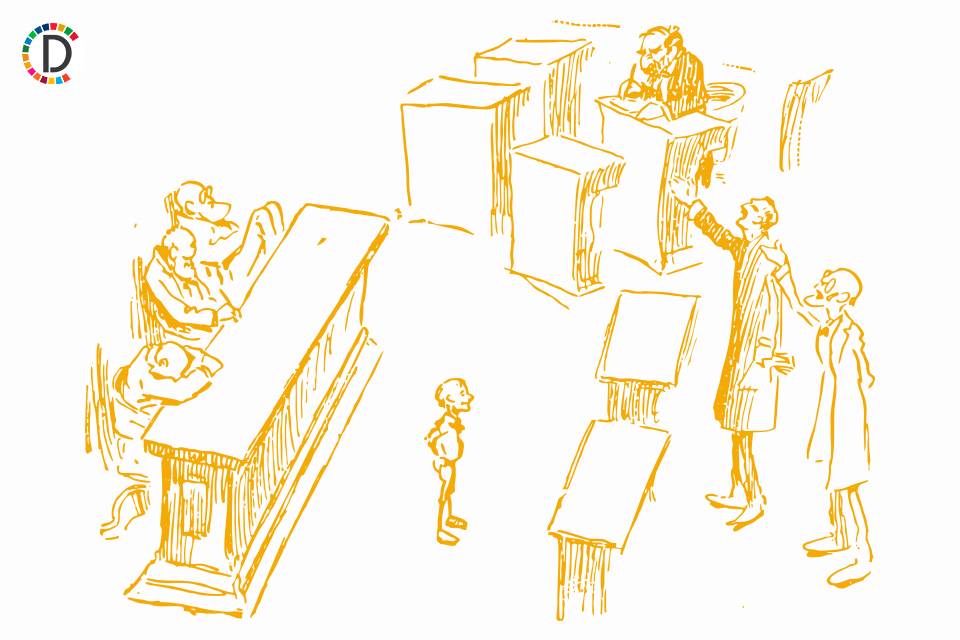Revised Headline: Sri Lanka to make amendments to address concerns over Online Safety Act

- Country:
- Sri Lanka
The Sri Lankan Cabinet has decided to amend the Online Safety Act, the government said on Tuesday, after it came under attack for stifling dissent and harming the potential growth of the country's digital economy.
However, when it was decided yesterday to go for an amendment, it was not stated which clauses of the Act would be amended, according to a Cabinet note released on Tuesday after Monday's meeting.
The legislation, accepted in January, would have led to the establishment of the Online Safety Commission, which would have been empowered to make punitive rulings on offences.
A false statement online would be liable, if convicted, to imprisonment for a term not exceeding five years or to a fine not exceeding five hundred thousand Sri Lankan rupees.
The government on Tuesday said the amendment would now be enacted with representations having been received from the industry and added, "Some of the industry-proposed amendments had been excluded in the process when the Supreme Court-recommended amendments were incorporated." "The move came as the main opposition and the local Human Rights Commission had expressed concern that the Act was not in compliance with the highest court-prescribed changes," it added.
Last week, the Human Rights Commission expressed its deep concern to the Speaker of Parliament on the non-compliance with the Supreme Court's ruling on the adaptation of the controversial Online Safety Act.
The bill was adopted in Parliament on January 24 by a simple majority amidst Opposition claims that the Supreme Court's recommendations had not been included in full and it would stifle freedom of speech.
The SLHRC said that the bill was adopted with a simple majority when it ought to have been done with a special majority -- two-thirds in the 225-member assembly.
The government had, however, defended the bill, saying the Attorney General's Department officials had seen to the inclusion of all amendments suggested by the Supreme Court.
The law had come under widespread condemnation saying it was a draconian system to stifle dissent and could undermine the potential growth of Sri Lanka's digital economy.
It is accused of creating broad and vague speech-related offenses punishable by lengthy prison terms.
The government, in response to the criticism, declared in Parliament last week that it did accept that the law had shortcomings, therefore, it was open to amending it.
(This story has not been edited by Devdiscourse staff and is auto-generated from a syndicated feed.)
ALSO READ
Parliamentary Push for Enhanced Childcare Facilities in Construction Sector
Controversy Erupts Over SHANTI Bill's Journey Through Parliament
Parliamentary Panel Raises Alarm on Land Acquisition Violations in Tribal Areas
Controversy Erupts as Parliament Passes VB-G RAM G Bill
Leaders Reflect on Productive Winter Session in Parliament










